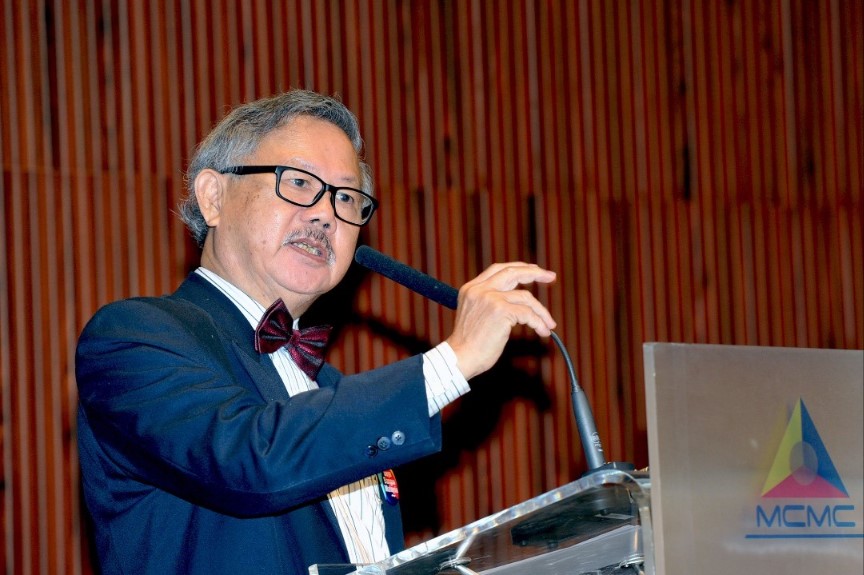KUALA LUMPUR, August 1 – A physicians’ association has criticised the government’s proposed prohibition on the promotion of vape or e-cigarettes as a harm reduction alternative to smoking tobacco.
The Federation of Private Medical Practitioners’ Associations Malaysia (FPMPAM) pointed out that New Zealand and Australia have tobacco harm reduction (THR) programmes.
New Zealand’s planned generational tobacco ban – targeted at those born from 2009 – excludes vape, as vape is promoted instead as a tool to help smokers quit.
However, Malaysia’s proposed “generational end game” (GEG) under the Control of Tobacco Product and Smoking Bill 2022 prohibits not just the sale, personal possession, and consumption of tobacco to anyone born from 2007, but also vape and e-cigarettes, regardless of whether or not e-liquids have nicotine.
“The Bill seems to have totally disregarded the overwhelming scientific data that THR can work with the proper regulatory framework in place,” FPMPAM president Dr Steven Chow said in a statement today.
This is comprehensively documented in the report of the Royal College of Physicians, UK 2016 (‘Nicotine without smoke: Tobacco harm reduction’).”
According to the report by the UK’s Royal College of Physicians (RCP), e-cigarettes appeared to be effective when used by smokers as an aid to quit smoking. The health hazard arising from long-term vapour inhalation from e-cigarettes, it said, is unlikely to exceed 5 per cent of the harm from smoking tobacco.
“There is a need for regulation to reduce direct and indirect adverse effects of e-cigarette use, but this regulation should not be allowed significantly to inhibit the development and use of harm-reduction products by smokers,” said the RCP.
“However, in the interests of public health, it is important to promote the use of e-cigarettes, NRT (nicotine replacement therapy), and other non-tobacco nicotine products as widely as possible as a substitute for smoking in the UK.”
Dr Chow pointed out that Section 9(1) of the Control of Tobacco Product and Smoking Bill 2022 – which penalises the promotion or sponsorship of vape products as quit-smoking products – would effectively outlaw the dissemination of information on THR, such as discussing the UK’s RCP report.
Non-compliance with Section 9(1) is punishable with a fine not exceeding RM20,000, up to one year’s jail, or both for the first offence upon conviction for individuals. A body corporate faces a fine between RM20,000 and RM100,000, jail not exceeding two years, or both for the first offence upon conviction.
“It would be worthwhile for the legislators on both sides of the House to revisit this authoritative document and consider implementing policies that have been proven to work before embarking on the GEG,” Dr Chow said.
“Pushing the GEG without this preparatory work will be a dangerous social experiment.”
FPMPAM also criticised the criminalisation of personal possession and consumption of cigarettes, tobacco, or vape products by those born from January 1, 2007, which the doctors’ group described as a “fundamental flow” in the tobacco control bill.
These offences are punishable with a maximum RM5,000 fine upon conviction. If the GEG is enforced from 2025, this means those aged 18 that year and younger teenagers or children would face enforcement and prosecution when caught smoking or vaping, or found in possession of a cigarette or vaping device.
“Smoking, vaping, and the use of tobacco products have major health consequences and are diseases of addiction. Like all addictions, they are amenable to proper medical intervention and treatment by specially trained professionals, and not by criminalisation of the addict,” FPMPAM said.
The physicians’ association pointed out that its experience with community-based medical treatment for opioid addiction has shown that a specially trained nationwide network of general practitioners (GPs) and family physicians are best equipped to manage this.
“They are also the best first point of care for children caught experimenting with smoking and vaping. However, there are no provisions in the Bill to facilitate and to empower the medical professional for this task.”








